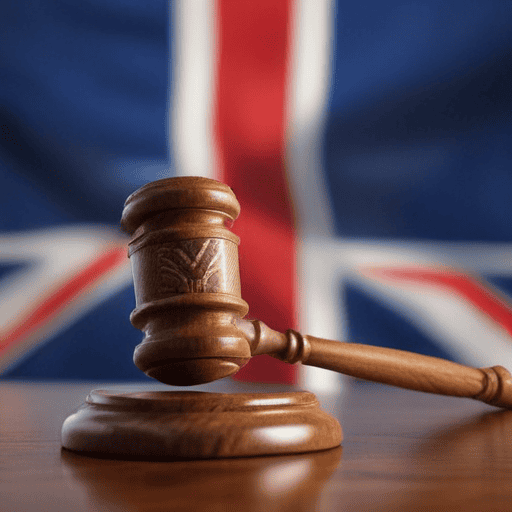Prime Minister Sitiveni Rabuka’s recent appointment of seven Opposition MPs from the Group of Nine (G9) as Ministers and Assistant Ministers marks a significant transformation in Fiji’s political landscape. This strategic move, indicative of Rabuka’s political insight, raises important questions about its implications for democratic governance in the nation.
The G9 coalition emerged following the deregistration of the FijiFirst party in July 2024, and its members, previously aligned with the Opposition led by Inia Seruiratu, began functioning as independents within a traditionally party-line-focused Parliament. By incorporating these MPs into his coalition government, Rabuka is reshaping political alliances and solidifying his authority in a parliamentary system where every vote counts.
However, this significant shift reveals ambiguities in Fiji’s 2013 Constitution. Political analysts have noted a lack of specific guidance concerning the integration of independent or crossbench MPs into government roles. While Attorney-General Graham Leung asserts that such appointments are not explicitly forbidden by the Constitution, this absence of clarity could promote unchecked political maneuvering, risking the integrity of parliamentary processes.
Critics argue that Rabuka’s strategic maneuvering reflects a desire to consolidate power, particularly with the 2026 General Election on the horizon, rather than to encourage genuine collaboration. In a context where public trust in political institutions is fragile, the vagueness in constitutional guidelines raises concerns about potential exploitation.
This unprecedented decision raises pivotal questions regarding the future of Fiji’s governance. Discussions surrounding necessary constitutional reforms are becoming increasingly urgent as the current political landscape unfolds. By clarifying ambiguous provisions, Fiji can prevent potential abuses of power and bolster public confidence in its political institutions.
Moving forward, it is vital for the nation to navigate these changes judiciously, ensuring that immediate political gains do not erode the foundational principles of democracy. There is hope that this situation could serve as a catalyst for much-needed reforms, promoting transparency and collaborative governance. By prioritizing democratic ideals, Fiji has the potential to emerge stronger from this transitional phase, with a renewed commitment to serving all its citizens effectively.
In summary, while the integration of G9 MPs into government positions signifies a key moment in Fiji’s political narrative, it underscores the need for careful navigation to uphold democratic principles amid evolving political dynamics.

Leave a comment